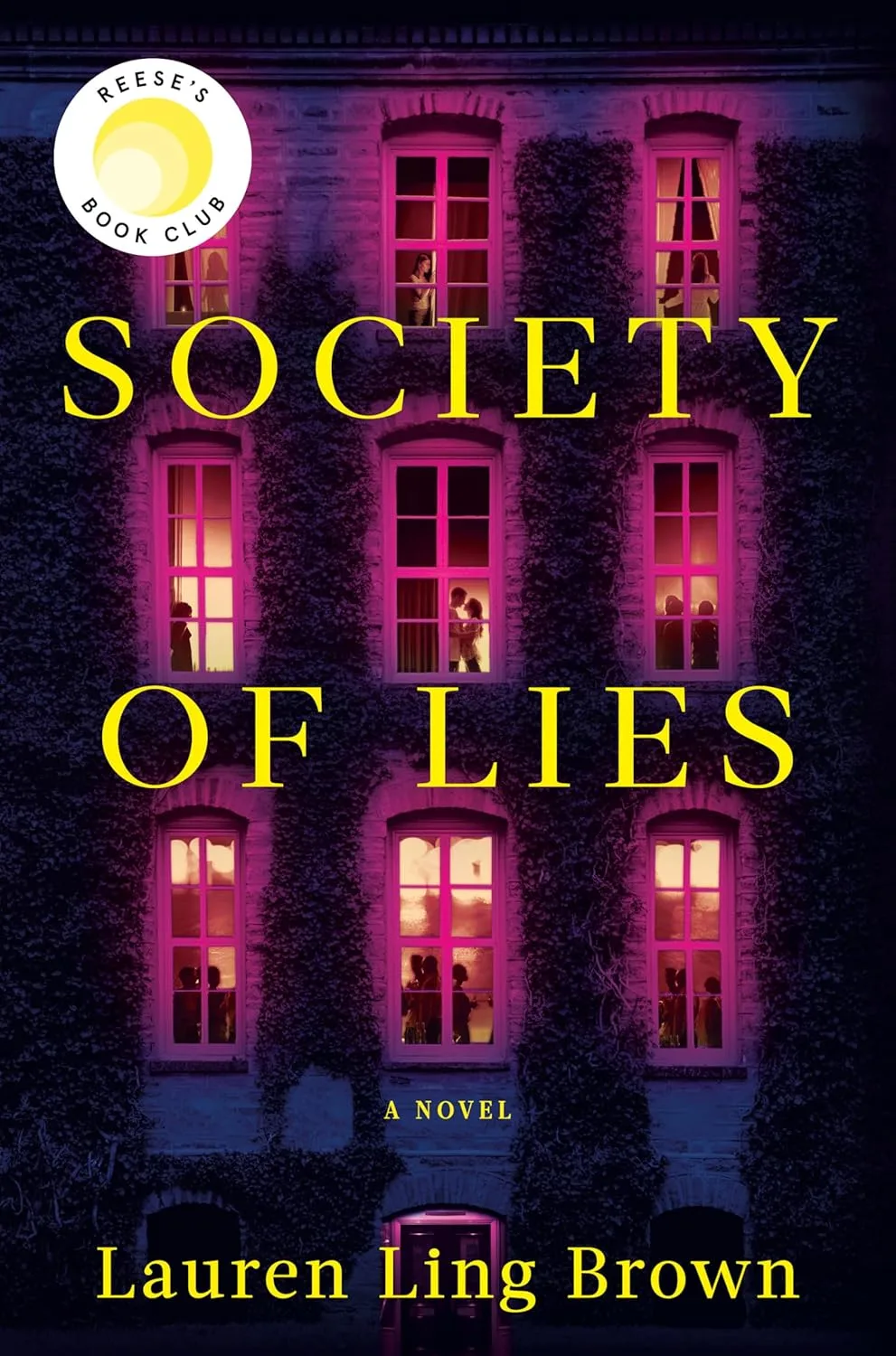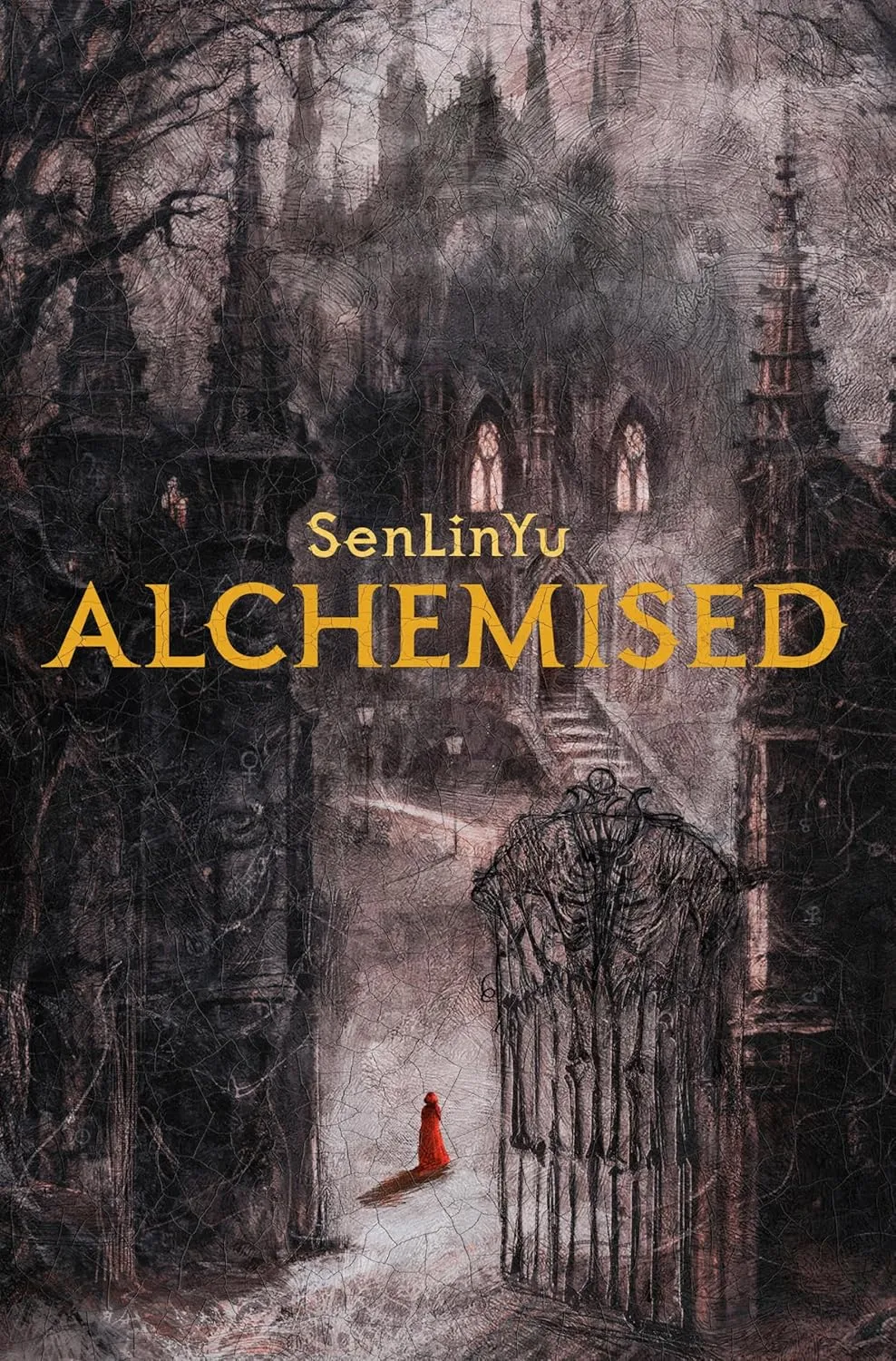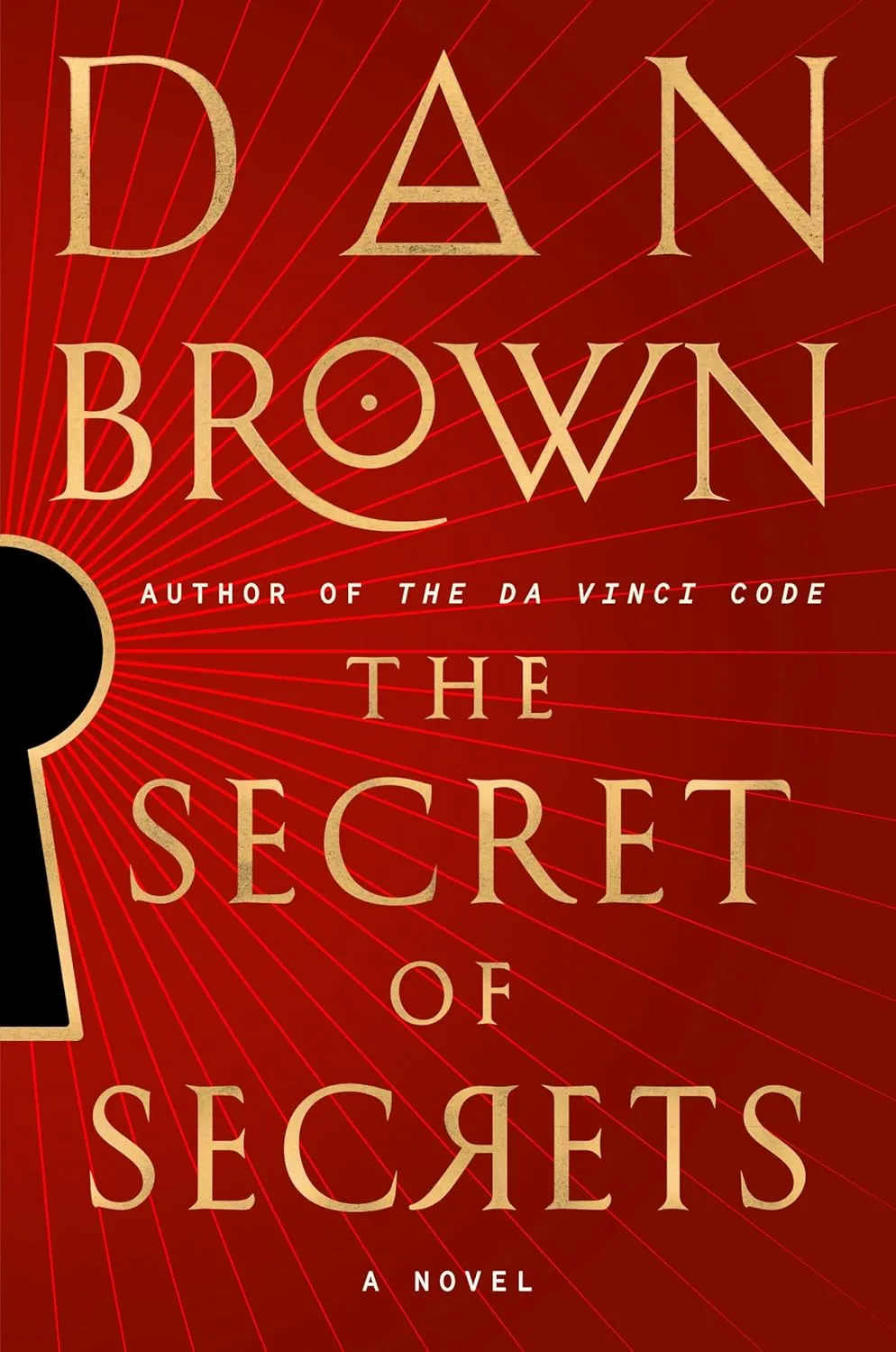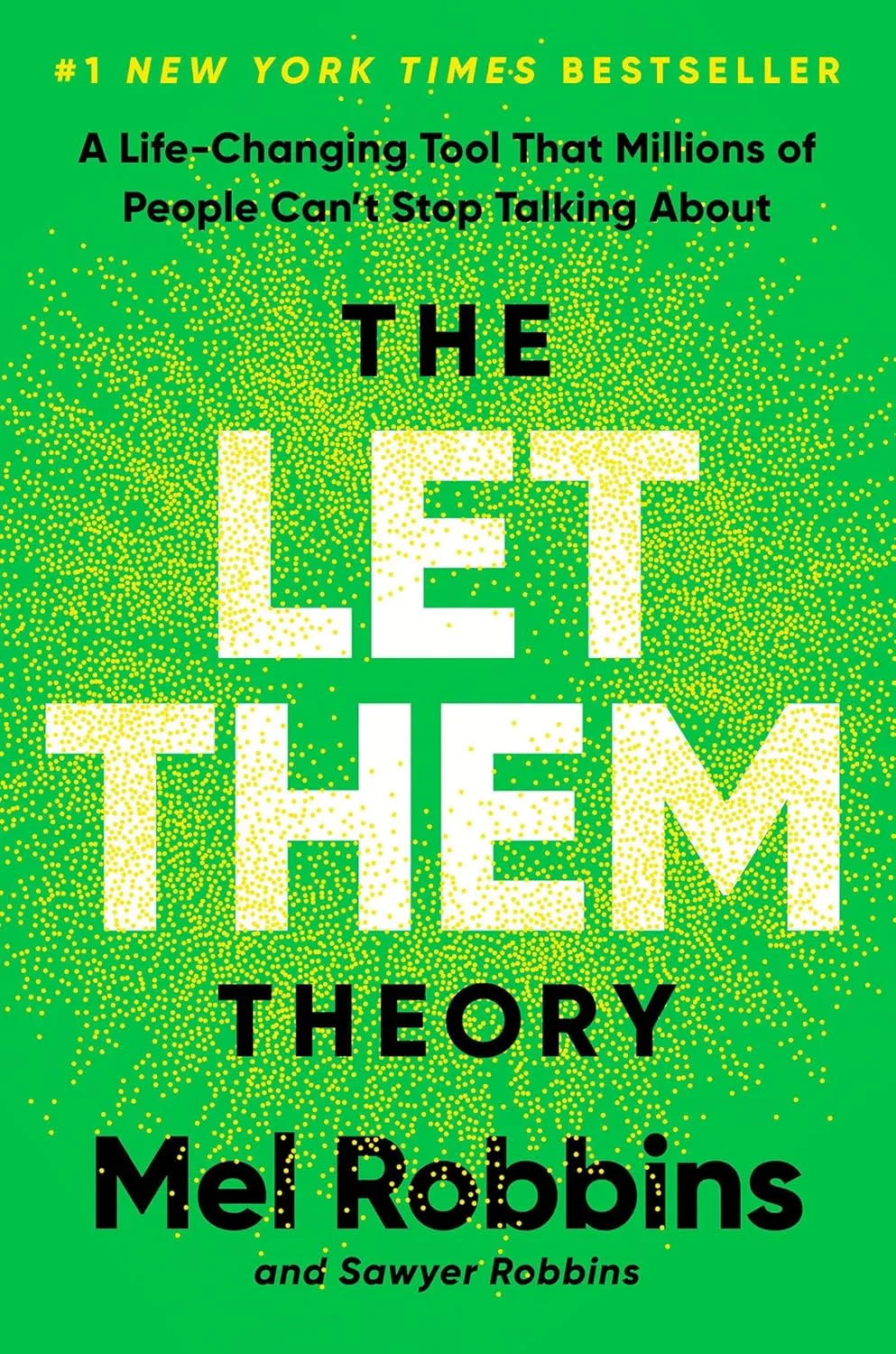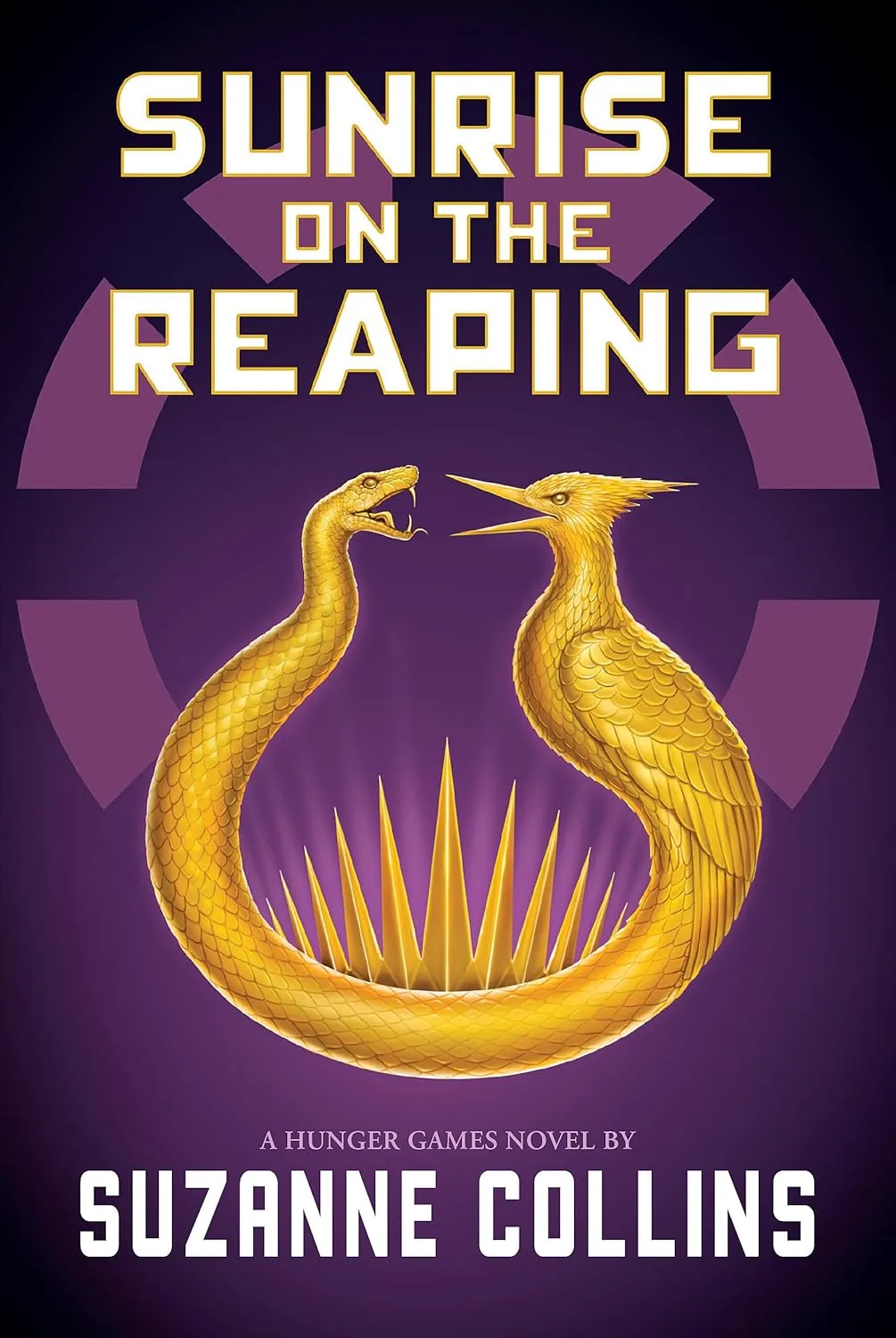Overview
Society of Lies is a national bestseller and Reese’s Book Club pick that serves as a gripping and atmospheric thriller that delves into the dark underbelly of elite college life. Set at Princeton University, this debut novel explores the dangerous world of exclusive eating clubs where privilege, secrets, and murder collide.
The story follows Maya, whose investigation into her sister Naomi’s mysterious death leads her back into the secretive world of Princeton’s elite society—the same world she once tried to escape. The police are calling it an accident, but Maya’s instincts tell her there’s more to the story.
Key Takeaways
| Element | Details |
|---|---|
| Genre | Dark Academia Thriller |
| Setting | Princeton University, Early 2010s |
| Main Plot | Sister investigates mysterious death within exclusive eating club |
| Core Mystery | Was Naomi’s death really an accident? |
| Social Commentary | Explores privilege, corruption, and belonging in elite institutions |
| Narrative Style | Dual timeline with multiple POVs |
Book Structure
Format: Dual narrative structure alternating between:
- Present Timeline: Maya’s investigation into her sister’s death
- Past Timeline: Events leading up to the tragedy within the exclusive society
Pacing: The first half was gripping—full of suspense and mystery, building tension through the investigation process and flashbacks that reveal the toxic dynamics within the eating club.
Perspective: Multiple points of view that can be challenging to track, requiring reader attention to distinguish between characters and timelines.
About the Author
Lauren Ling Brown received a BA in English literature from Princeton University and an MFA in film production with a focus in screenwriting from the USC School of Cinematic Arts. She currently resides in Los Angeles, California, where she works as a film editor. She’s an author and film editor based in Los Angeles who grew up in Northern California in a town called Los Altos and has always loved to read.
This is Brown’s debut novel, and her Princeton background clearly informs the authentic portrayal of the university’s elite social structures and eating club culture.
Why This Book Resonates
Society of Lies strikes a chord with readers because it tackles relevant contemporary issues:
- Elite Institution Critique: Exposes the dark side of prestigious universities and their exclusive societies
- Privilege and Power: Explores race, family, and the dark side of privilege within Princeton’s elite
- Sisterhood and Loyalty: Examines complex family relationships under extreme pressure
- Social Justice: Addresses how institutions protect power while silencing victims
- Contemporary Relevance: Resonates with ongoing conversations about privilege and accountability in higher education
Ideal Audience
Perfect for readers who enjoy:
- Dark Academia Fans: Those who love atmospheric university settings with sinister undertones
- Thriller Enthusiasts: Readers seeking suspenseful mysteries with social commentary
- Contemporary Fiction Lovers: Those interested in stories addressing current social issues
- Book Club Members: The Reese’s Book Club selection offers rich discussion material
- Fans of Elite Institution Stories: Readers drawn to behind-the-scenes looks at prestigious universities
Memorable Quote
“But that’s the thing about love, isn’t it? When you find someone who sees you in a way no one else does, who understands you and makes you feel like you can’t be whole without them, it wraps you in a vise and makes you forget how to live life without them.”
Central Themes
| Theme | Description |
|---|---|
| Privilege and Power | How elite institutions protect their own while marginalizing outsiders |
| Sisterhood and Family | Complex bonds tested by tragedy and hidden truths |
| Belonging vs. Identity | The cost of fitting in versus staying true to oneself |
| Institutional Corruption | How prestigious organizations can enable harmful behavior |
| Truth vs. Silence | The struggle to expose wrongdoing in closed systems |
| Class and Social Status | The impact of socioeconomic differences in elite environments |
| Secrets and Lies | How hidden truths can destroy lives and relationships |
Frequently Asked Questions
Q: Is this book based on real events at Princeton? A: While fictional, the book draws on factual background about Princeton’s eating clubs, though Lauren Ling Brown creates fictional clubs for her story.
Q: How complex is the narrative structure? A: The book uses multiple POVs and dual timelines. Some readers find they “constantly had to work to hard to remember who’s POV I was reading”, so it requires attention but rewards careful reading.
Q: Is this suitable for book clubs? A: Absolutely. As a Reese’s Book Club pick, it offers rich material for discussing privilege, institutional power, family dynamics, and social justice issues.
Q: What makes this different from other dark academia novels? A: Brown explores race, family, and the dark side of privilege within Princeton’s elite, bringing contemporary social awareness to the traditional dark academia genre.
Final Thoughts
Society of Lies succeeds as both an engaging thriller and a meaningful social commentary. Brown explores sisterhood, belonging, and the complex nature of privilege while delivering a suspenseful mystery that keeps readers engaged. The novel’s strength lies in its unflinching examination of how elite institutions can corrupt and silence, while still delivering the page-turning momentum thriller readers expect.
Lauren Ling Brown’s writing is powerful and takes you on a wild ride, making this no doubt one of the year’s best thrillers. For readers interested in stories that combine entertainment with social consciousness, Society of Lies offers a compelling blend of mystery, family drama, and institutional critique.
The book particularly excels at showing how the pursuit of belonging can lead to moral compromise, and how family bonds can both strengthen and complicate our quest for truth and justice.
Additional Reading
For readers who enjoyed Society of Lies, consider:
- The Secret History by Donna Tartt (classic dark academia)
- The Female Persuasion by Meg Wolitzer (privilege and feminism)
- My Education by Susan Choi (complex relationships in academic settings)
- The Idiot by Elif Batuman (university coming-of-age with social commentary)

